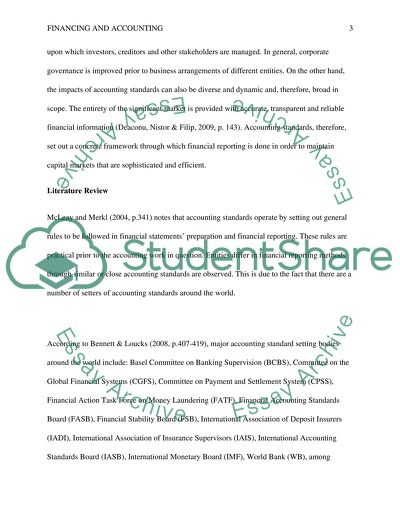Cite this document
(“Approaches to Standard Setting in Accounting Essay - 1”, n.d.)
Approaches to Standard Setting in Accounting Essay - 1. Retrieved from https://studentshare.org/finance-accounting/1444469-critically-examine-and-discuss-the-approaches-to
Approaches to Standard Setting in Accounting Essay - 1. Retrieved from https://studentshare.org/finance-accounting/1444469-critically-examine-and-discuss-the-approaches-to
(Approaches to Standard Setting in Accounting Essay - 1)
Approaches to Standard Setting in Accounting Essay - 1. https://studentshare.org/finance-accounting/1444469-critically-examine-and-discuss-the-approaches-to.
Approaches to Standard Setting in Accounting Essay - 1. https://studentshare.org/finance-accounting/1444469-critically-examine-and-discuss-the-approaches-to.
“Approaches to Standard Setting in Accounting Essay - 1”, n.d. https://studentshare.org/finance-accounting/1444469-critically-examine-and-discuss-the-approaches-to.


